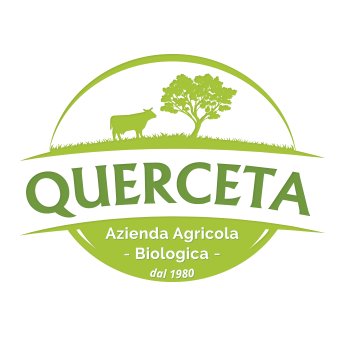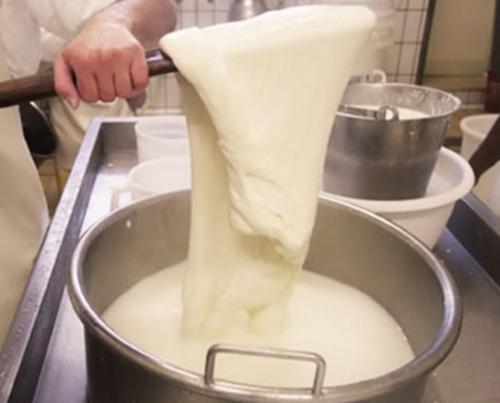WHEY STARTER
All our cordless milk products are made in a very traditional way, with only raw milk that arrives sterile from the milking parlor up to the processing room 500 meters away, to which is added salt, rennet and whey.
What is the whey starter?
The whey starter is the most traditional of natural lactic culture techniques that we have in Italy and especially the only one authorized by those who make organic production, as the production regulations, prepared by the related "Consorzi di Tutela", specifically provide for the use of crops Lactories characterized by "native microflora", ie coming from the production area.
Natural starter whey is easily obtained by incubating at a certain temperature, an aliquot of rennet whey, (sweet whey obtained following the enzymatic coagulation of milk), let's understand how the various phases develop:
when raw milk is milked and brought to a temperature of 36/40 degrees, the addition of the whey is nothing but the whey of the previous processing that is left at a certain temperature for about 24 hours which contains micro-organisms that help acidification.
The milk is added with the addition of the whey into a kind of incubator for temperature control, since at a given temperature the bacterial load develops. Everything happens naturally at the ideal temperature in which the bacteria reproduce and "eat" those parts of sugar remaining in the cooked whey and multiply every 40 minutes.
This happens all in a natural way. We don't add anything else. Nothing that helps fermentation, we can only control the temperature to make the bacteria stay in their ideal environment for longer.
Since the bacteria of both milk and whey graft to reproduce feed on sugar, we can state that products made with the addition of natural whey, make mozzarella or fiordilatte or cordless milk products more digestible and more suitable for those who is lactose intolerant, compared to mozzarella or other products made with different procedures, where the curd is obtained by forcing the natural process of bacterial proliferation.

